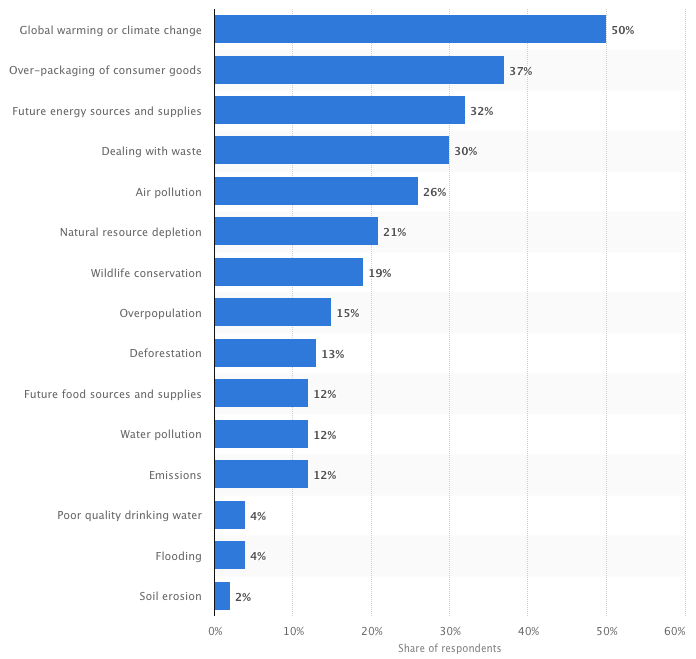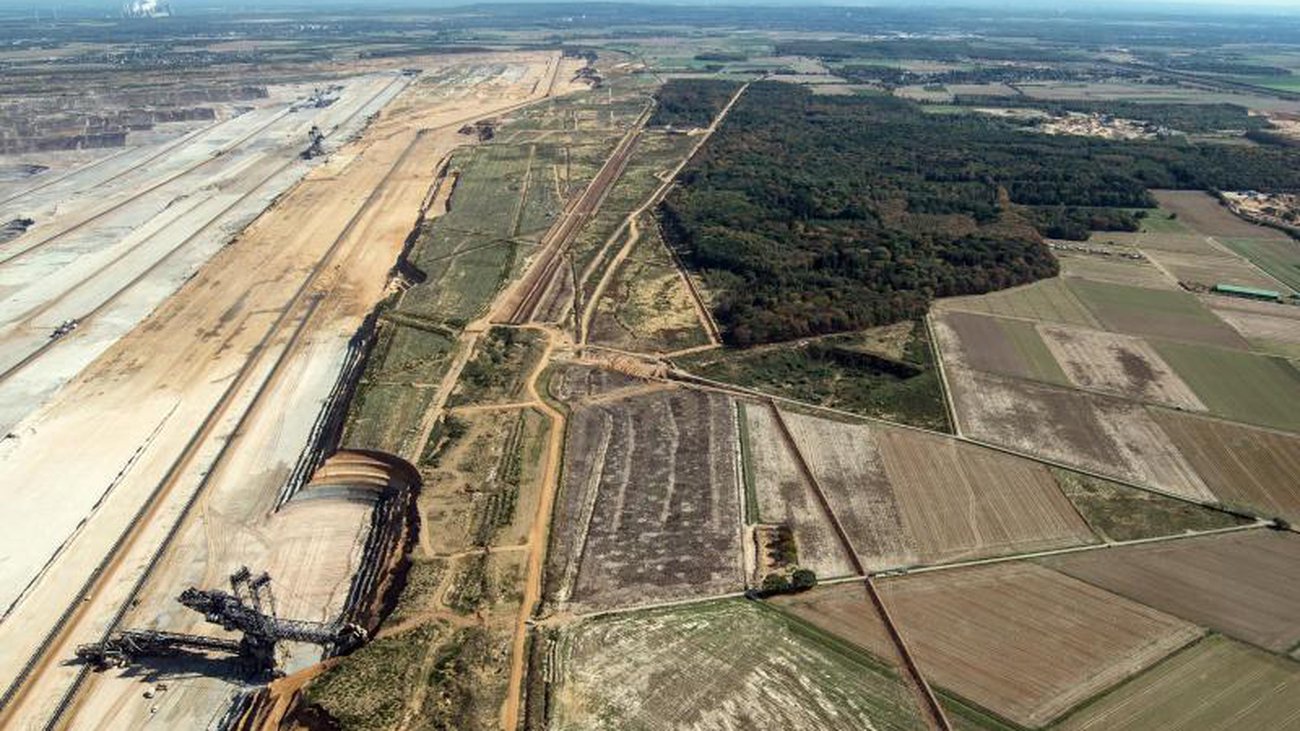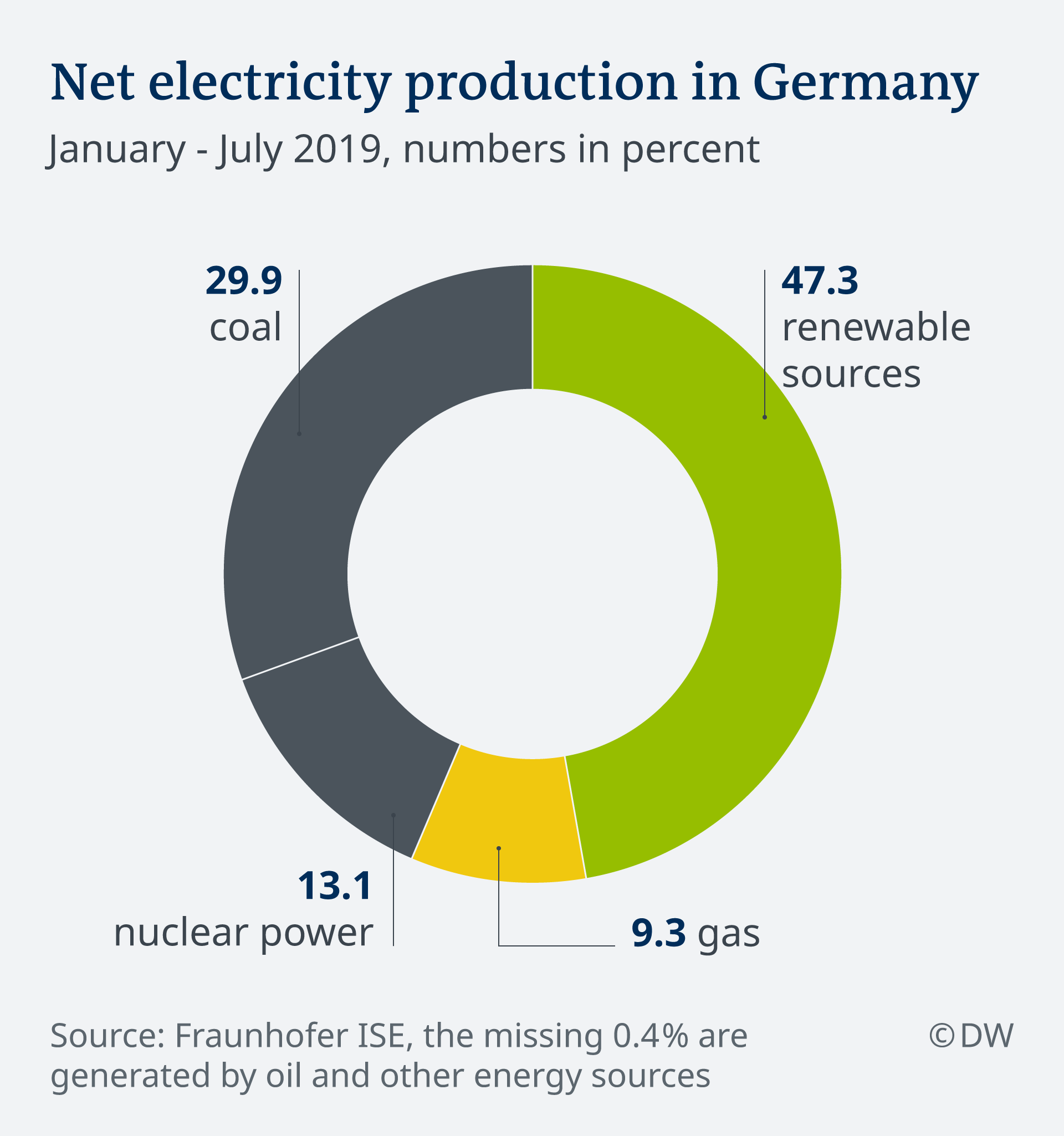6.3 Wie beeinflussen Herausforderungen die Kultur einer Gesellschaft?
5 min read•december 29, 2022
Nathan Wichert
AP German 🇩🇪
29 resourcesSee Units
Wie beeinflussen Herausforderungen die Kultur einer Gesellschaft?
Germany has a diverse range of ecosystems. The country is home to beautiful coastlines along the Baltic and North seas, fertile plains, forests, and the mountainous Alps in the southern part of the country. Germans tend to live in urban areas, with around 86% of the population living in cities despite being surrounded by such an array of incredible ecosystems and picturesque scenery ✨
Like many industrialized nations across the globe, Germany has a significant air pollution problem. Unlike other western countries, however, the problem has worsened over recent years. The Chancellor of Germany, Angela Merkel, and the German government have adopted a policy of phasing out the country’s nuclear power plants. In order to satisfy this goal, the German government allowed companies to burn more coal and as a result, the air pollution levels in 2012 and 2013 were two of the highest since the 1980s. This phasing out of nuclear power plants was implemented in 2011 after Japan’s nuclear disaster at Fukushima.
According to a 2019 poll by Statista, 50% of respondents believed that climate change was the most important environmental issue facing Germany today. The over-packaging of consumer goods came in at second position with 37%, and future energy sources and air pollution came in at a close third with 32%.

Image taken from statista.com.
While climate change was the most important issue in Germany, two percent of Germans in 2018 thought that climate change did not exist, and another two percent of the population believed that climate change was an entirely natural process. A far higher percentage thought that climate change was mainly due to human activity, and 12 percent of respondents believed climate change was entirely caused by human activity.
🌲 Hambacher Forst 🌲
One of the largest environmental topics of discussion in recent years was in 2018. It was a legal battle between Germany’s main energy provider, RWE, and BUND, a German environment non-profit trying to defend the Hambach forest in the state of North Rhine-Westphalia.
Approximately 30% of the country’s electricity is generated by coal even though the country is currently attempting to replace this need with renewable energy. The Hambach forest is over 12,000 years old and is slowly being destroyed. Today, there are less than 750 acres remaining.
The mining company responsible for the destruction says it needs to expand coal mining into the forest area in order to meet the coal energy needs of the ever-growing populations for the coming years. This would of course translate to sacrificing yet another portion of a significantly declining forest.

Image taken from tellerreport.com
🔌 Strom in Deutschland ⚡
Germany, like the rest of the world, faces the consequences of climate change and the country has been one of the global leaders in battling carbon emissions. One of the government’s efforts involves using the resources available even more efficiently. The German government has set a goal to use fewer resources while maintaining the same amount of prosperity.
The German government has also aggressively pursued the implementation of renewable energy production. In 2013, 12% of final energy consumption came from renewable energy sources, according to the European Environmental Agency. Renewables also accounted for 9.1% of heat and 5.5% of fuel consumption.
Today, the numbers are improving. In 2019, 47.3% of the electricity 🔌 produced in Germany came from renewable sources. Coal accounted for 29%, nuclear power was 13.1%, and gas was 9.3%

Image taken from dw.com.
Over 330,000 people work in Germany's renewable energy sector and that is expected to increase over the next decade or so. The Kohleausstiegskommission (Coal Phase-Out Commission) is the plan to get Germany to stop using coal to produce electricity.
Germany is often mentioned among the world leaders in clean technology, and according to the United Nations
Framework for Climate Change (UNFCC), the number of German clean technology patents more than tripled between 2007 and 2013. The UNFCC said the spike in German innovation is largely driven by the country’s Renewable Energy Act, which includes tariffs specifically for clean technology.
The country is currently embracing its Energiewende policy (energy transition) as it tries to position itself as a future provider of renewable energy technology to the rest of the world.
Solar energy makes up a large part of Germany's renewable push. There were more than 900 patents back in 2013. This technology generates heat, which is then either stored or used to create electricity. Germany has been known to be able to provide 100% of the country’s daily needs through clean energy alone.
Germans are also intensely focused on wind power and had over 800 patents back in 2013. Wind power is Germany’s second largest electricity source and contributes to approximately 19% of their energy generation. In December 2017, Germany’s power prices went negative, meaning that consumers were paid to use it due to low demands and unprecedented strong winds!
Was ist eine Energiewende?
Jeden Tag, wenn wir das Licht einschalten, Radio hören oder im Internet surfen brauchen wir Strom. Aber wie wird dieser Strom eigentlich erzeugt? Es gibt verschiedene Arten von Energien. Erneuerbare Energien (renewable energy) sind Energien, die es unendlich gibt und sich immer wieder erneuern. Hierzu gehören zum Beispiel Sonnenenergie (solar), Windenergie (wind) und Wasserkraft (hydropower). Das Gegenteil (opposite) zu den erneuerbaren Energien sind die fossilen Energien, diese werden durch die Verbrennung von fossilen Brennstoffen wie Kohle (coal), Erdgas (natural gas) und Erdöl (crude oil) gewonnen. Von diesen fossilen Brennstoffen gibt es nicht unendlich viel auf der Erde und sie brauchen Millionen von Jahren um sich zu regenerieren, das heißt sich zu erneuern. Die Umstellung (switch) von fossilen Energien und Atomenergie auf erneuerbare Energien nennt man Energiewende (energy transition).
Strive for five Vocab 🔑🔑
| die Bioware | bio-goods |
| der Inhaltsstoff | ingredient (of a product) |
| künstlich | artificial |
| umweltschonend | gentle to the environment |
| umweltverträglich | environmentally friendly/bearable |
| das Bionahrungsmittel | organic food products |
| die Verpackung | packaging |
| das Lebensmittel | groceries |
| die Ernährung | nutrition |
| ernähren | nourish |
| das Angebot | supply |
| die Nachfrage | demand, request |
| der Wertstoff | reusable material |
| der Rohstoff | raw material |
| das Metall | metal |
| wiederverwenden | to reuse |
| wegwerfen | to throw away |
| langelebig | long lasting |
| die Regierung | government |
| das Gesetz | law |
| die Regeln | rules |
| die Wahl | election (literally = choice) |
| die Stimme | an individual vote (literally = voice) |
| die Ansicht | point of view |
| das Grundgesetz | basic law, constitution |
Other questions 🤔 to consider for Faktoren, die die Lebensqualität beeinflussen:
- How do economic developments 💶 and environmental 🌳 challenges ☔ often impact society and politics 🗳️ on a larger scale ⚖️, which in turn affects individual families 👩👦 and communities❓
- How can individuals positively 👍🏽 or negatively 👎🏻 influence the world 🌎 around them❓
- What are some possible solutions 🤔💡 to address contemporary global challenges😓❓
Browse Study Guides By Unit
👨👩👧Unit 1 – Families in Germany
🗣Unit 2 – Language & Culture in Germany
🎨Unit 3 – Beauty & Art in Germany
🔬Unit 4 – Science & Technology in Germany
🏠Unit 5 – Quality of Life in Germany
🌪Unit 6 – Challenges in Germany
✍️Exam Skills- FRQ/MCQ

Fiveable
Resources
© 2023 Fiveable Inc. All rights reserved.